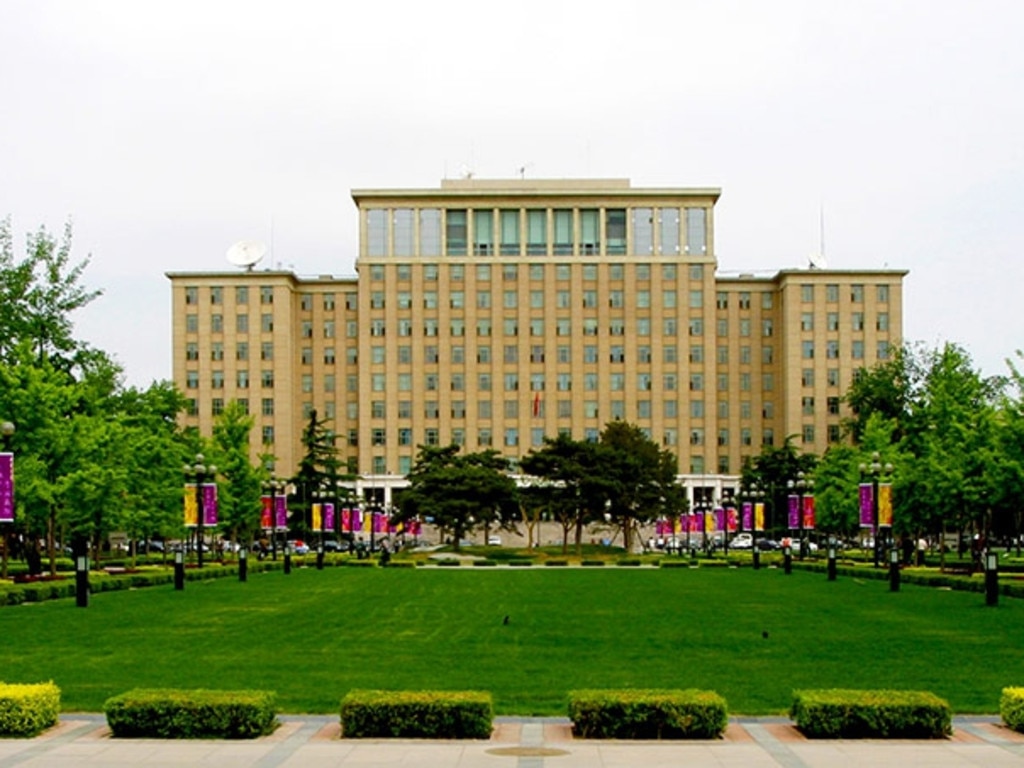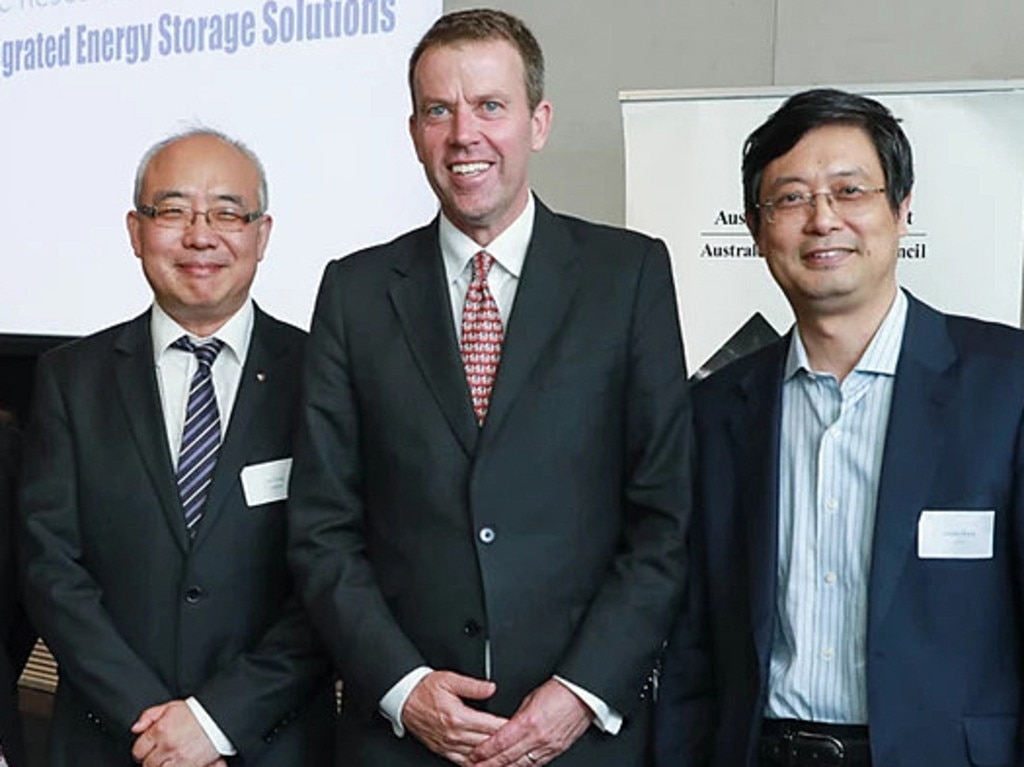FBI exposes Beijing’s hi-tech thievery
The US has launched more than 1000 investigations into Thousand Talents scientists, rocking the academic world.

The US has launched more than 1000 investigations into China’s actual and attempted theft of American technology, swooping on scores of academics in high-profile cases that have shaken the world of academia.
Many of the 1000 FBI probes into actual theft or attempted theft of US technology involve the Thousand Talents program.
There has also been a US Senate inquiry into China’s talent recruitment plans, the most prominent of which is Thousand Talents, with its report finding plan members had downloaded sensitive electronic research files before returning to China, submitted false information when applying for grant funds and “wilfully failed to disclose receiving money from the Chinese government on US grant applications”.
The US National Science Foundation’s Rebecca Keiser said the NSF had issued a policy making it clear its personnel “cannot participate in foreign government talent recruitment programs”.
“Such participation poses significant risks of inappropriate foreign influence on NSF policies, programs and priorities, including the integrity of NSF’s merit review process — risks we simply do not accept,” she said.
“The Department of Energy considers such programs to include any foreign state-sponsored attempt to acquire US scientific-funded research or technology through foreign government-run or funded recruitment programs that target scientists, engineers, academics, researchers and entrepreneurs.”
FBI director Christopher Wray said the Thousand Talents Program was a way for China to steal intellectual property that was then used to compete against the very companies it “victimised — in effect, cheating twice over”.
“Through its talent recruitment programs, like the so-called Thousand Talents Program, the Chinese government tries to entice scientists to secretly bring our knowledge and innovation back to China — even if that means stealing proprietary information or violating our export controls and conflict-of-interest rules,” he said in a speech to the Hudson Institute on July 7.
“They’re targeting research on everything from military equipment to wind turbines to rice and corn seeds. The stakes could not be higher, and the potential economic harm to American businesses and the economy as a whole almost defies calculation.”
In one instance uncovered by federal authorities in the US, a postdoctoral researcher who was a Thousand Talents scholar working for the Energy Department’s National Laboratory, removed 30,000 electronic files before leaving for China. The researcher had claimed their work would play a “critical role in advanced defence applications”.
They “planned to leverage the Chinese university’s strength in national defence and military research to support the modernisation of the People’s Republic of China’s national defence”.
Mr Wray said in the field of academia, “through talent recruitment programs like the Thousand Talents Program … China pays scientists at American universities to secretly bring our knowledge and innovation back to China — including valuable, federally funded research”.
“To put it bluntly, this means American taxpayers are effectively footing the bill for China’s own technological development.
“China then leverages its ill-gotten gains to undercut US research institutions and companies, blunting our nation’s advancement and costing American jobs. And we are seeing more and more of these cases.”
The FBI arrested Qing Wang, a former researcher with the Cleveland Clinic who worked on molecular medicine and the genetics of cardiovascular disease, in May, and Simon Saw-Teong Ang, a University of Arkansas scientist doing research for NASA.
“Both of these guys were allegedly committing fraud by concealing their participation in Chinese talent recruitment programs while accepting millions of dollars in American federal grant funding,” he said.
US prosecutions have reached the highest levels of reputable universities. The chair of Harvard’s Department of Chemistry and Chemical Biology, Charles Lieber, was indicted in June for “making false statements to federal authorities about his Thousand Talents participation”.
“The US has alleged that Lieber concealed from both Harvard and the NIH his position as a strategic scientist at a Chinese university, and the fact that the Chinese government was paying him, through the Wuhan Institute of Technology, a $50,000 monthly stipend, more than $150,000 in living expenses and more than $1.5m to establish a laboratory back in China,” Mr Wray said.
In one instI’ll sort drop ance, US scientist Hongjin Tan, who was part of the Thousand Talents program, was sent to prison after stealing more than $1bn worth of trade secrets from his US employer, a petroleum company. In another example, Texas scientist Shan Shi, also part of the Thousand Talents plan, was sentenced to prison after stealing “trade secrets” related to naval technology used in submarines.
“In one of the more galling … aspects of the scheme, the conspirators actually patented in China the very manufacturing process they’d stolen, and then offered their victim American company a joint venture using its own stolen technology,” he said.








To join the conversation, please log in. Don't have an account? Register
Join the conversation, you are commenting as Logout